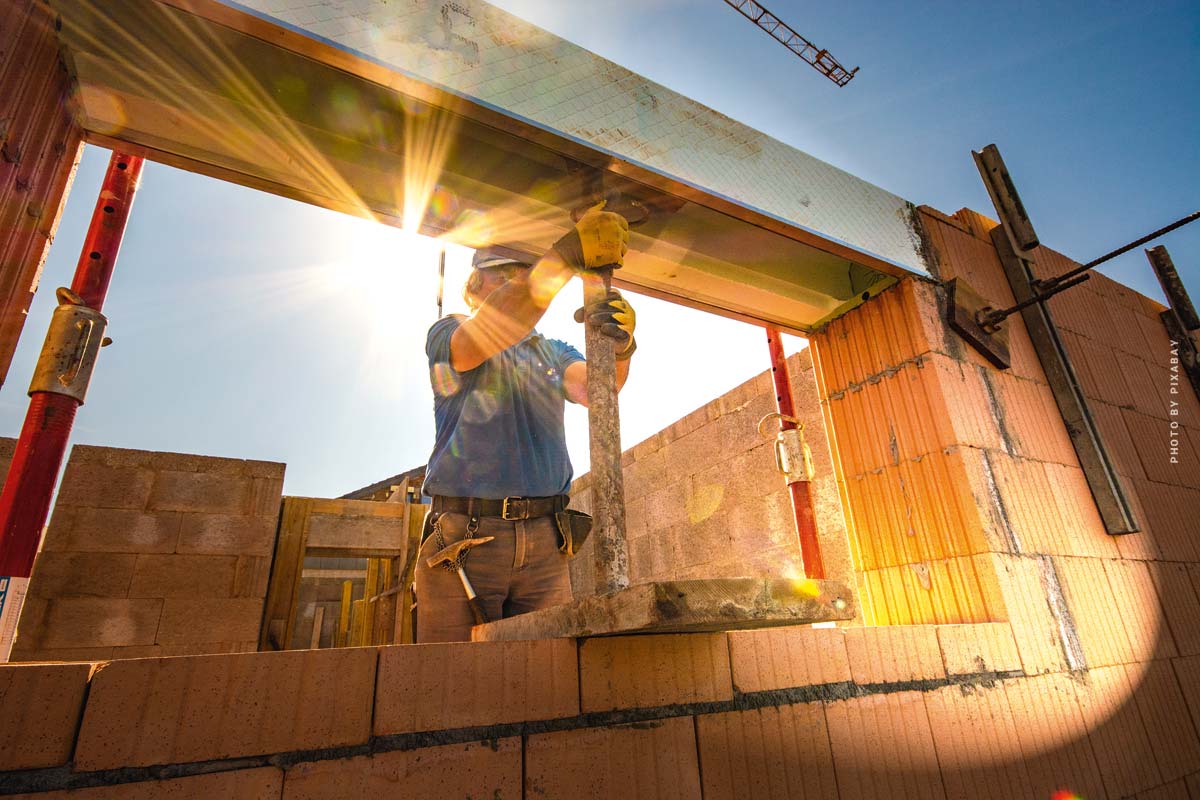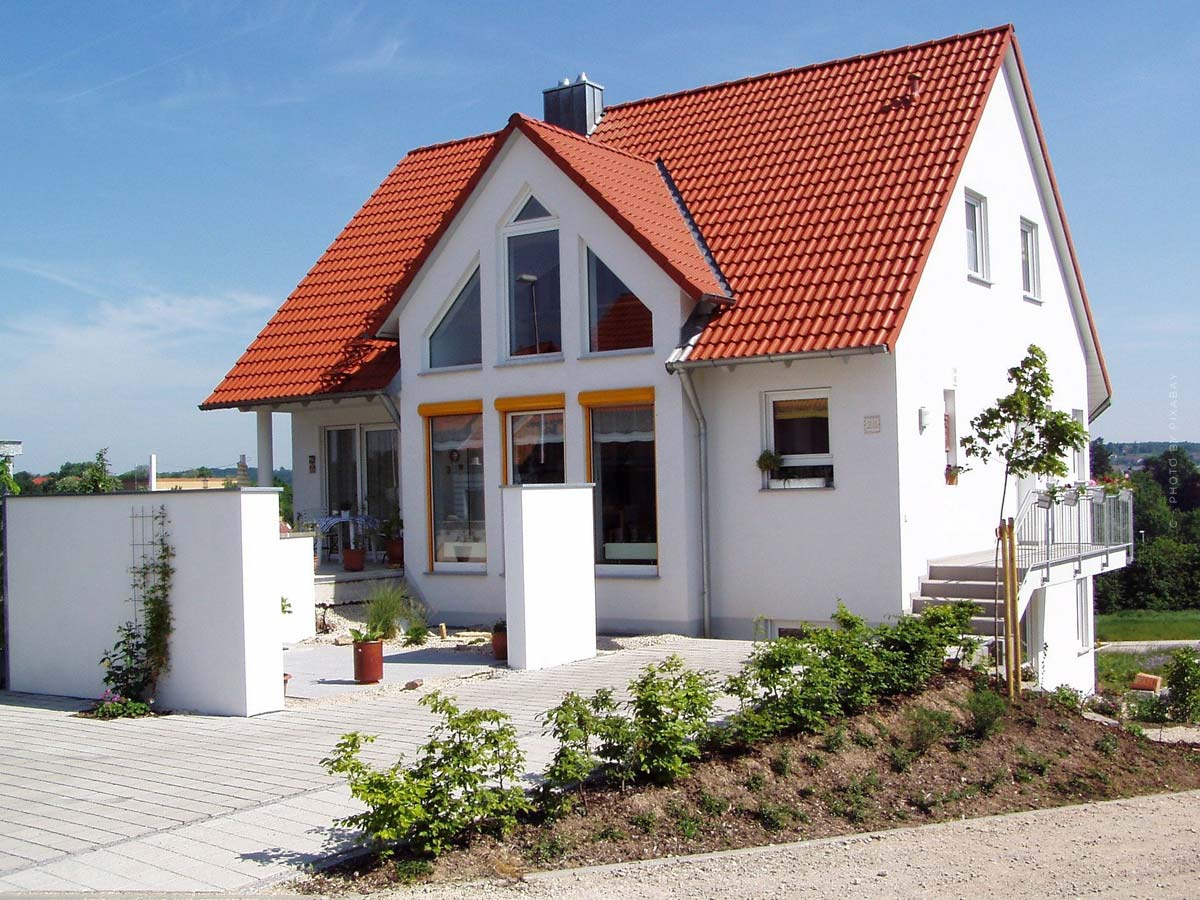Leasehold and ground rent: definition, advantages and disadvantages for owner-occupiers & capital investors explained
Ground Lease & Leasehold – What is a ground lease? How does a ground lease work and to whom is the ground rent paid? Whether owner-occupancy or capital investment, learn everything you need to know about ground leases here – from the parties involved to the impact on ancillary purchase costs and the mortgage lending value. Advantages and disadvantages included!
Definition: What is a ground lease?
You have found a house or an apartment building you are interested in, but it is located on a leasehold land? Or you have found a suitable property and it is subject to a ground lease? What does this mean? Simply explained, hereditary building rights mean that the right of ownership and the right of use are permanently separated. A distinction is made here between two parties: The ground lease provider and the ground lease taker. The ground lease holder leases the land and is then allowed to use the land in return for an annual ground rent.
Here is a summary of the ground lease:
- Ownership and usage rights permanently separated
- 2 parties: ground lease grantor and ground lease taker
- Leasehold in return for building rights
Advantage of a ground lease: Favorable purchase price
Of course, a ground lease has both advantages and disadvantages. Probably the biggest advantage is that the purchase price here is significantly lower than usual, since the purchase price for the land itself is omitted. Leaseholders also benefit from reduced ancillary purchase costs.
The purchase price of a property on leasehold land is significantly lower

Disadvantage: Monthly ground rent
In return for being allowed to use the land, you have to pay a monthly or annual ground rent to the owner of the land. In addition, the mortgage lending value of your property decreases significantly because the value of the land is constantly decreasing while the ground rent incurs costs.
The two disadvantages of a ground lease at a glance:
- Payment of the ground rent causes costs
- Collateral value of the property decreases
Conclusion: Is a ground lease worth it?
Buying or building a property on leasehold land therefore brings different advantages and disadvantages. While you can enjoy a low purchase price, a regular ground rent is incurred at the same time. And the mortgage lending value of the property also decreases.
You can now find even more facts and tips about ground leases on my new project for real estate buyers (Immobilien-Erfahrung.de):
- Ground lease (external)
If you want to learn even more on the subject of buying a property, whether owner-occupied or capital investment, numerous articles, guides on the subject of rented vs unrented, as well as checklists, all free and 24 hours online available, with us!
Apartment, house, apartment building, everything for real estate beginners!
Now new on Immobilien-Erfahrung.de:
- Buy property: learn – external







